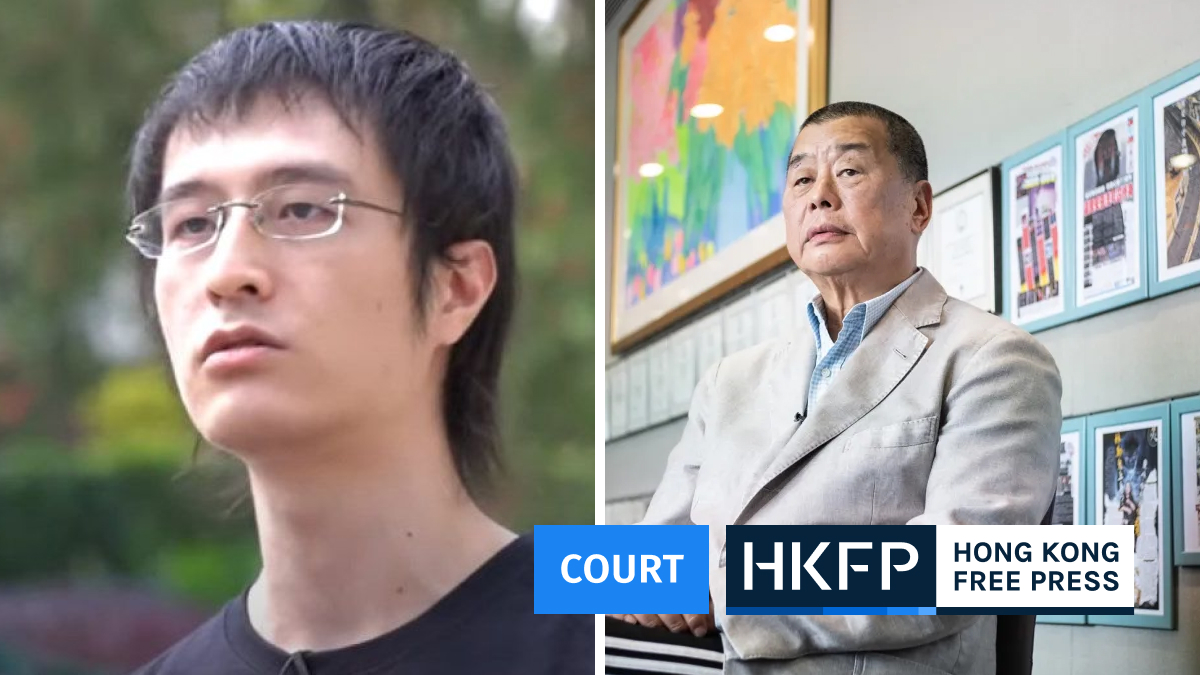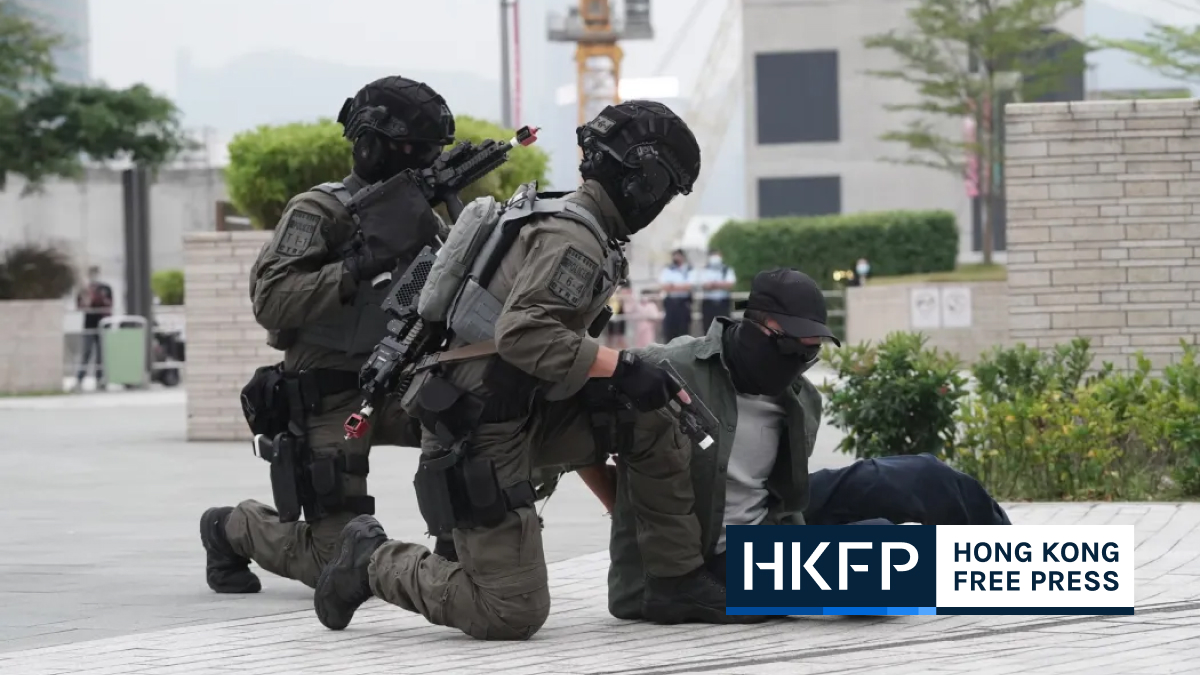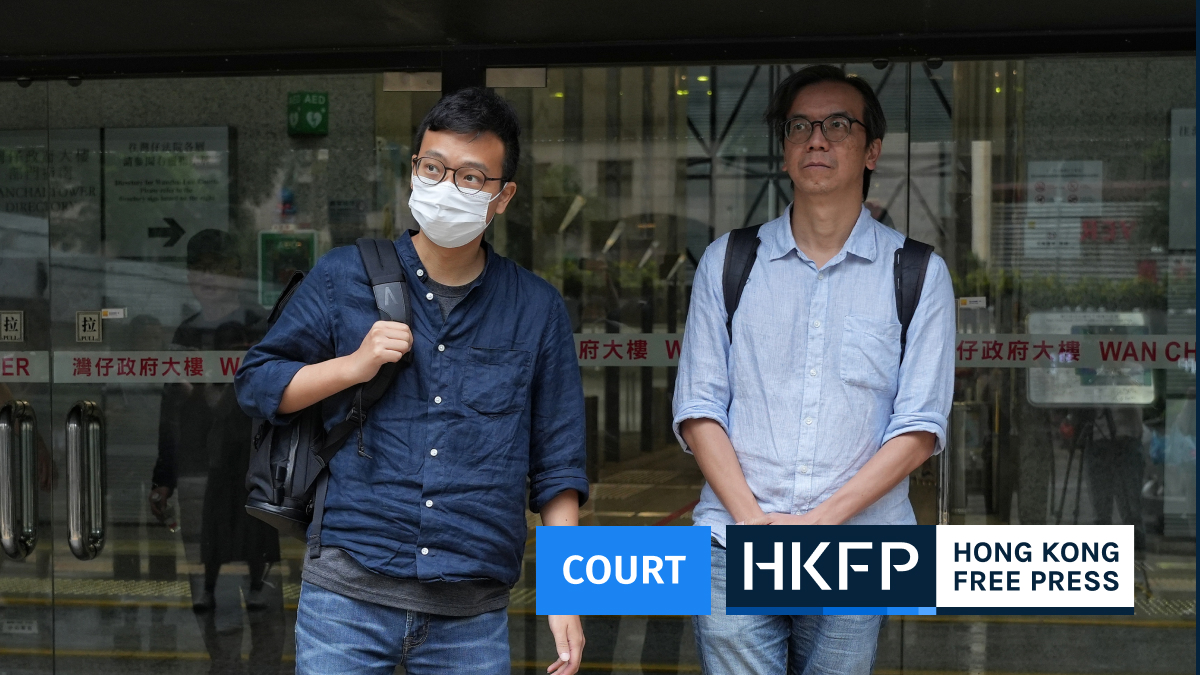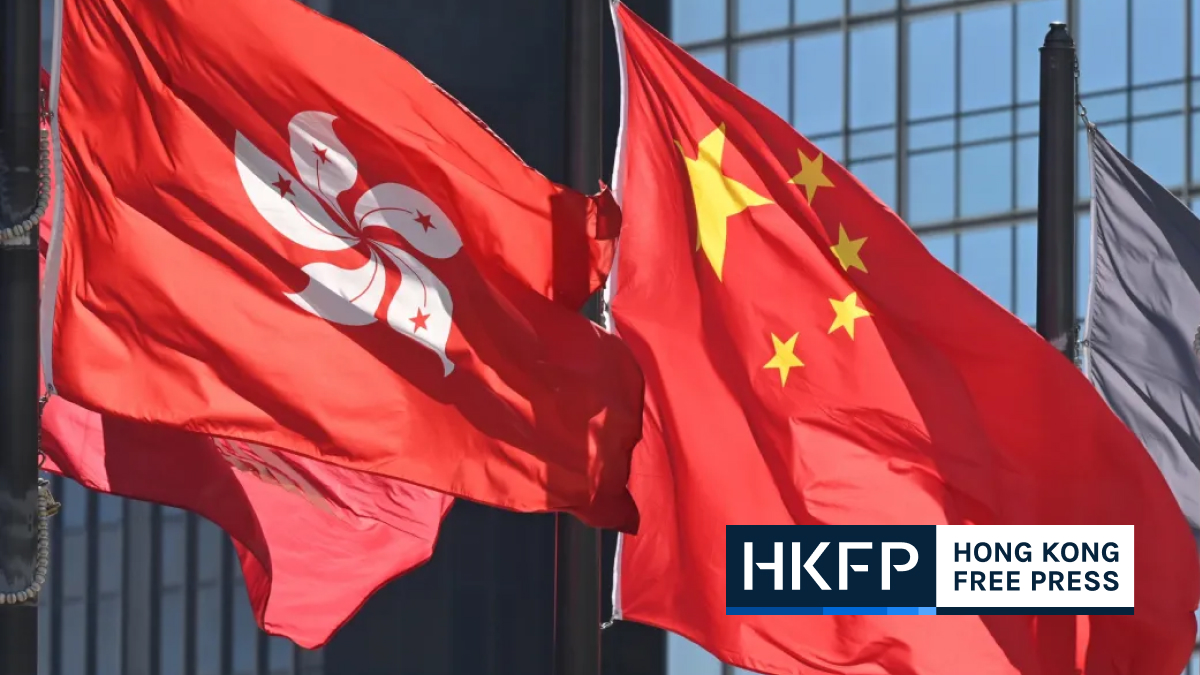By Thomas E. Kellogg
Small rulings often sow the seeds of larger and vitally important trends. The Court of Final Appeal’s ruling on an application for bail by former General Union of Speech Therapists member Sidney Ng Hau-yi is one such case.
Hongkongers should take note: in a mere nine pages, the CFA opens the door to further broadening the influence of the 2020 National Security Law (NSL) over Hong Kong law. The ruling is a deeply disappointing one and signals that the CFA will likely take the same government-friendly attitude towards national security cases as the lower courts have.
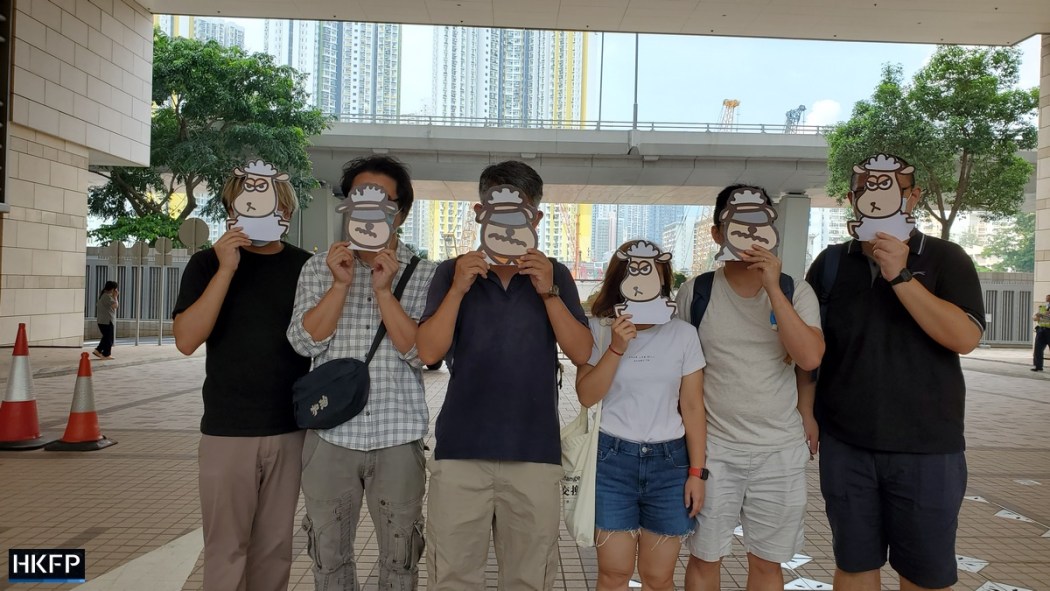
Ng and four other members of the union were arrested in July, over the publication of three children’s picture books which the government deemed to be seditious. Ng and two of her colleagues were initially released, but were detained again in late August after the government formally filed sedition charges against them under the Crimes Ordinance. All five have remained in detention since then.
The core question before the court was seemingly straightforward: does Article 42(2) of the NSL, which sets a higher threshold for bail, apply to all cases related to national security, or only to cases in which individuals were charged with NSL crimes? Drawing on a prior ruling in the ongoing national security case against Jimmy Lai, the CFA held that Article 42(2) does indeed apply to all national security cases, including those brought under other provisions of Hong Kong law.
It must be said that the CFA’s interpretation is a colourable one. It is indeed possible to read the somewhat ambiguous language of Article 42(2) to apply to any and all national security cases, and to limit – or, if recent experience is any guide, effectively rule out – pre-trial release for individuals accused of national security crimes. That said, the court’s reading is not the only possible one for Article 42(2). Given the range of interpretive choices before the CFA, it is regrettable that it chose the option that restricts due process rights.

What is perhaps most disturbing about the ruling – beyond the fact that it consigns Sidney Ng herself to continued detention, despite having not been convicted of any crime – is that it broadens the NSL’s reach into Hong Kong law.
As the CFA makes clear in its ruling, Article 42(2) is not the only NSL provision that should, in its view, be applied to non-NSL national security cases. According to the court, NSL Article 43, which covers police investigatory powers, can also be applied to non-NSL cases. As a result, the sweeping NSL Implementing Regulations, which make it easier for police to use their extensive surveillance and search powers without judicial oversight, can now be used to investigate various non-NSL crimes. This too represents a significant – and also unnecessary, given that the case centres only on Ng’s bail request – step backwards for Hong Kong law.
Pre-trial detention has been a major area of abuse by the Hong Kong government since the NSL went into effect on June 30, 2020. In several cases, NSL defendants have been stuck in pre-trial detention for months or even – soon enough, in the case of the January 6 arrestees, for example – for a year or more. This is a significant departure from prior practice in Hong Kong, where bail was the norm for non-violent offences. At this point, NSL detainees have collectively served several decades in pre-trial detention, and the clock is still ticking.
In the closing paragraph of its ruling, the CFA acknowledged that pre-trial detention of national security detainees has become a real problem, and called on the lower courts to take steps to expedite national security cases. While the CFA’s expression of concern over the plight of national security detainees is welcome, nonetheless its words ring a bit hollow, given that its decision rubber-stamps the government’s use of Article 42(2) to deny people like Sidney Ng any real chance at pre-trial release.
There is a rather faint silver lining to this otherwise deeply unfortunate ruling: in paragraph 26 of its decision, the CFA made clear that it views as binding the limits on PRC court jurisdiction created by Article 55 of the NSL. In other words, the CFA has signalled that only NSL cases – and not other non-NSL national security cases like Sidney Ng’s – can be transferred to mainland courts. This may turn out to be a distinction without a difference: if the Hong Kong government gets word that Beijing wants an individual transferred to the mainland, it can quickly add NSL charges, thus opening the door that the CFA sought to close. Still, this initial effort to identify at least some limits on key NSL provisions is welcome.
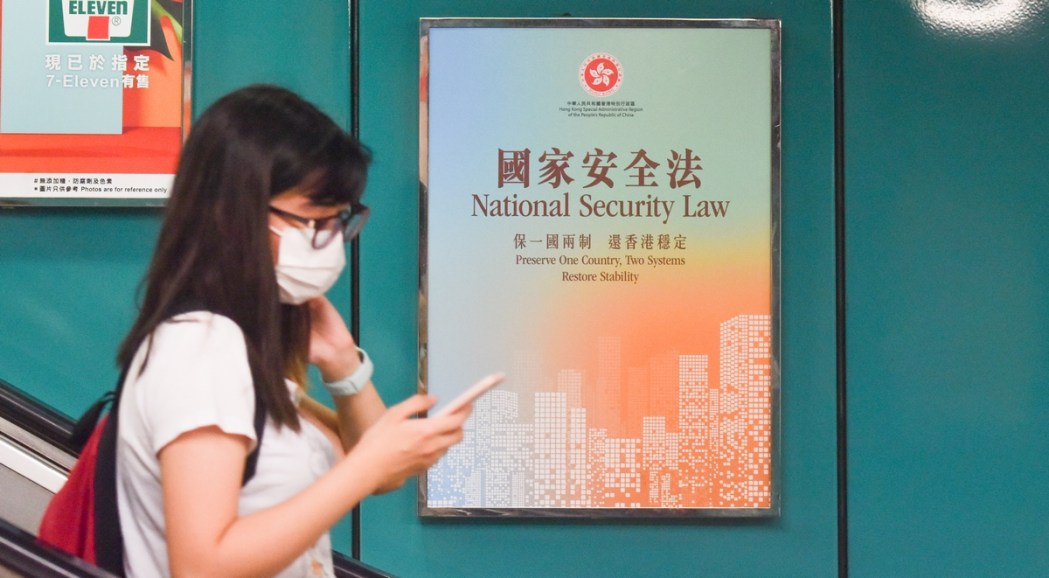
The decision might also signal that the CFA will not ride to the rescue anytime soon. Given its prominent stature and global prestige, some had hoped that the CFA might have a mediating effect on the Hong Kong government’s aggressive implementation of the NSL. Instead, this ruling suggests that CFA judges may in fact follow the lead of their lower court counterparts, who have generally issued a steady stream of government-friendly verdicts.
Those of us who hold out hope that the CFA might integrate Basic Law human rights protections into national security decisions may well be disappointed.
The CFA’s ruling is an important one. Instead of seeking to curb the impact of the NSL on Hong Kong’s legal system, the CFA has expanded its influence, creating a clear pathway for further intrusions by the NSL into other areas of Hong Kong law. At the same time, the decision extends the government’s now nearly 18-month winning streak on national security cases, and makes clear that the courts have yet to figure out a way to check its far-reaching national security powers.
Sadly, this seemingly small-bore decision by the CFA actually carries with it far-reaching implications for human rights and rule of law in Hong Kong.
Thomas E. Kellogg is the Executive Director of the Center for Asian Law, and also adjunct professor of law at Georgetown University Law Center.
Support HKFP | Policies & Ethics | Error/typo? | Contact Us | Newsletter | Transparency & Annual Report | Apps
Help safeguard press freedom & keep HKFP free for all readers by supporting our team





















